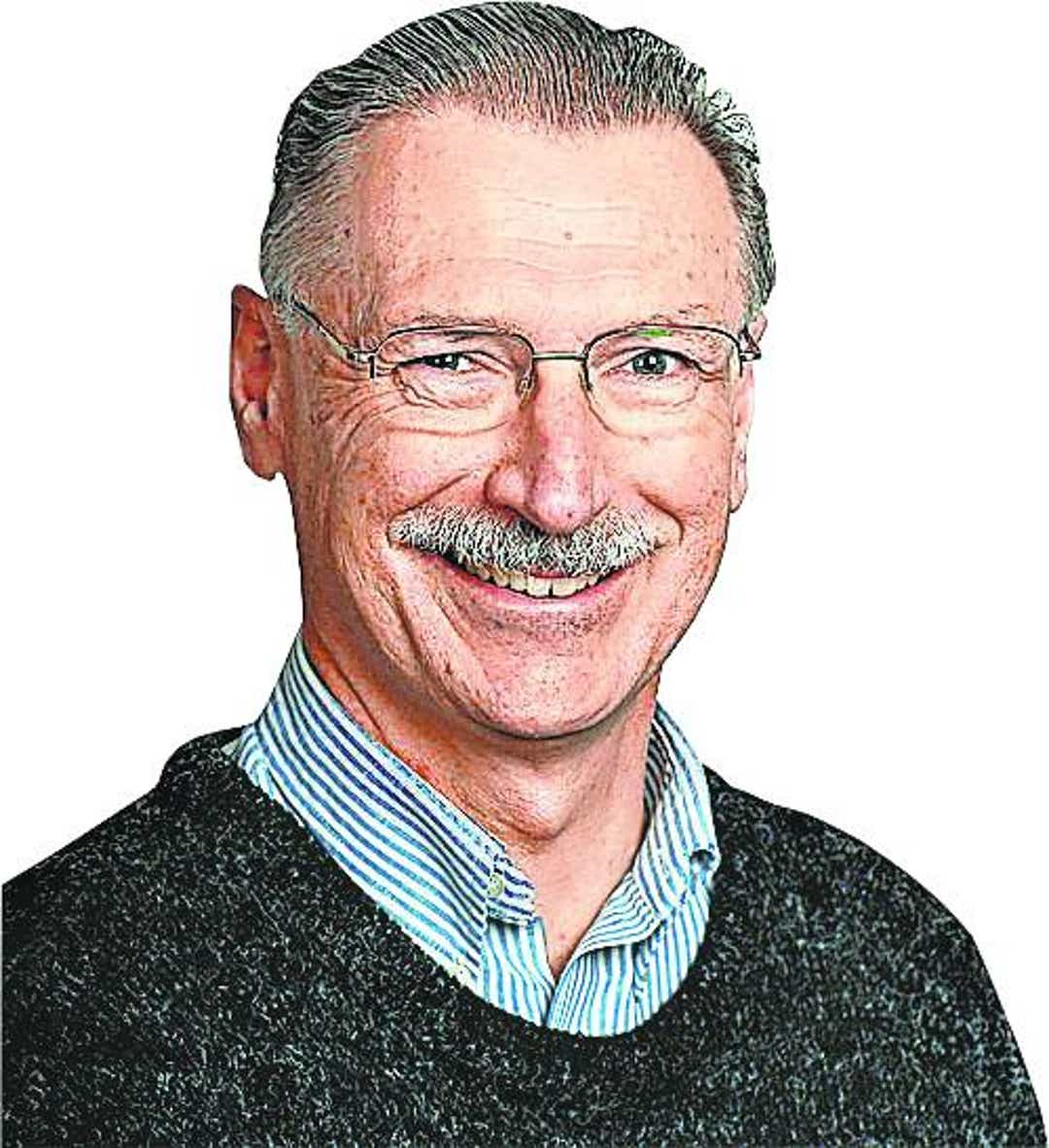opinion

I have been told that I don’t do change very well. I don’t think I’m alone. This year has put all of us to the test dealing with change.
The Covid-19 pandemic hangs on, having killed almost 200,000 Americans so far. Sheltering in place got old a long time ago, and it’s going to get a lot older before anything good comes of it.
At the same time, society seems at war with itself. Racial injustice, and the fight to stop it, continues to gnaw at our collective conscience. Education has turned into something no college class can prepare any student to face.
On top of all of it, church-going has undergone a sea change from what it was the last time America sang Auld Lang Syne. Many faithful across religious lines can’t pray in their house of worship because that house is locked for fear of drawing a crowd that will spread the coronavirus.
Among Christians, missing out on in-person worship has turned into a grieving experience. Those of us who belong to churches with locked doors are aching spiritually for the time when we can gather again.
Yet even when that happens, more change will await. Some denominations have drafted church reopening plans that specify not only social distancing when it comes to sitting in the pews, but also no hymn singing because singing spreads germs. They also urge local churches to forego social gathering after the service, meaning no cookies or coffee. Just leave. Quickly.
I hate that kind of change. Even after an effective vaccine hits the drug stores and doctors’ offices, don’t plan on throwing away your face mask anytime soon.
Welcome to the new normal.
All of this will play into this fall’s presidential election. That’s according to Ryan Eller, an ordained Baptist minister and founder of New Moral Majority, a progressive movement. It’s based on Jesus’ teachings and aims to empower believers to fight and win for their values.
“Faith is often where one looks as one searches for a moral compass,” Eller writes in an online article for Religion News Service. Eller cites a Pew study from last winter that shows 94 percent of Americans view it as important to have a president who lives a “moral, ethical life.”
These are not one-issue voters, Eller says. The great majority of these Christians see abortion, for instance, as an also-ran in importance and want Roe v. Wade preserved.
Amid the floodtide of change engulfing every life in America, these voters, whom Eller calls the “Forgotten Faithful,” feel forgotten by Donald Trump and Joe Biden. These faithful want leaders who understand their grief and show deep empathy for them. That grief is as much for the passing of a way of life as it is for the deaths of individuals.
The new normal may be new, but it certainly will not seem normal for a long time. That’s why leaders of all kinds will need to refine their leadership styles. The old ways won’t work anymore for a lot of reasons.
These are the attitudes the Forgotten Faithful will carry with them to the polls and stuff into envelopes should they decide to vote from the comfort of their homes. Candidates who ignore these believers and the burdens they carry do so at their own peril.
“Moral leadership may be more complicated than reaching out to one group of Christians or to one idea about what faith is,” Eller writes. “But I don’t think it’s too much to ask from our next president.”
Jim Ketchum is a retired Times Herald copyeditor. Contact him at jeketchum1@comcast.net.
"much" - Google News
September 16, 2020 at 08:12PM
https://ift.tt/2RtPIt8
Ketchum: Moral leadership isn't too much to ask for in next president - The Times Herald
"much" - Google News
https://ift.tt/37eLLij
Shoes Man Tutorial
Pos News Update
Meme Update
Korean Entertainment News
Japan News Update
Bagikan Berita Ini














0 Response to "Ketchum: Moral leadership isn't too much to ask for in next president - The Times Herald"
Post a Comment